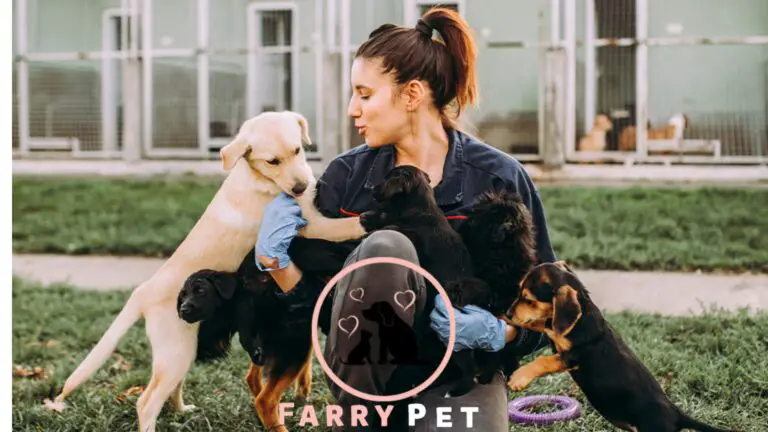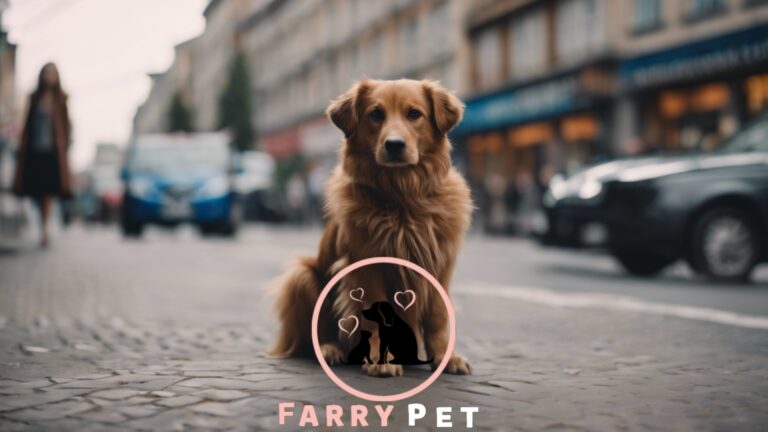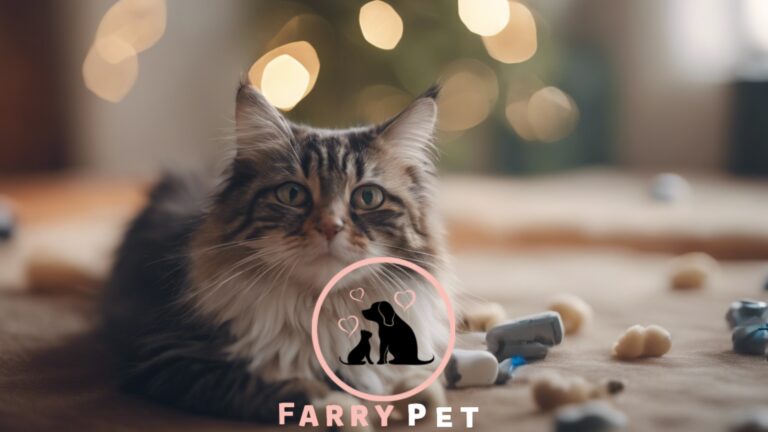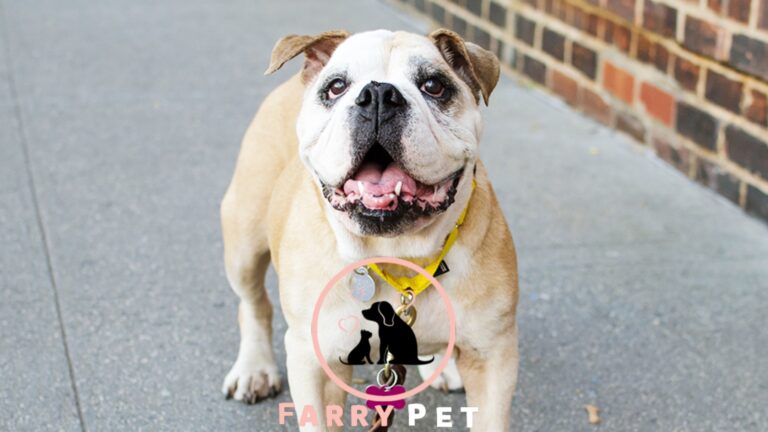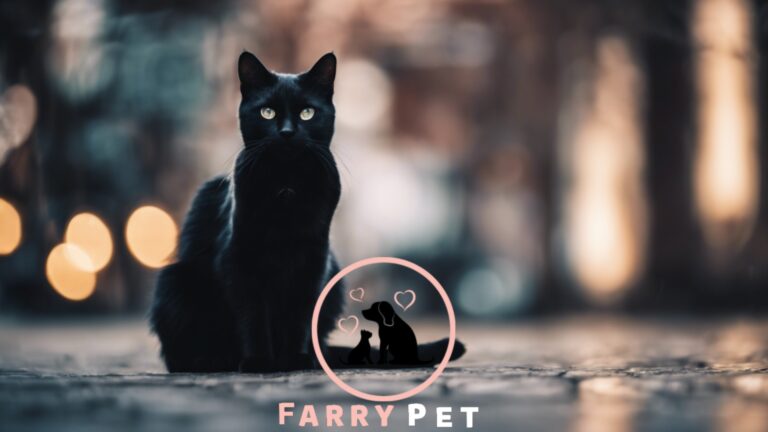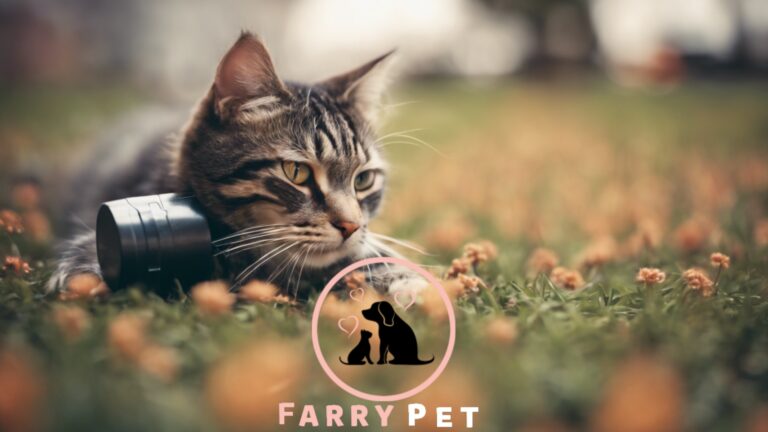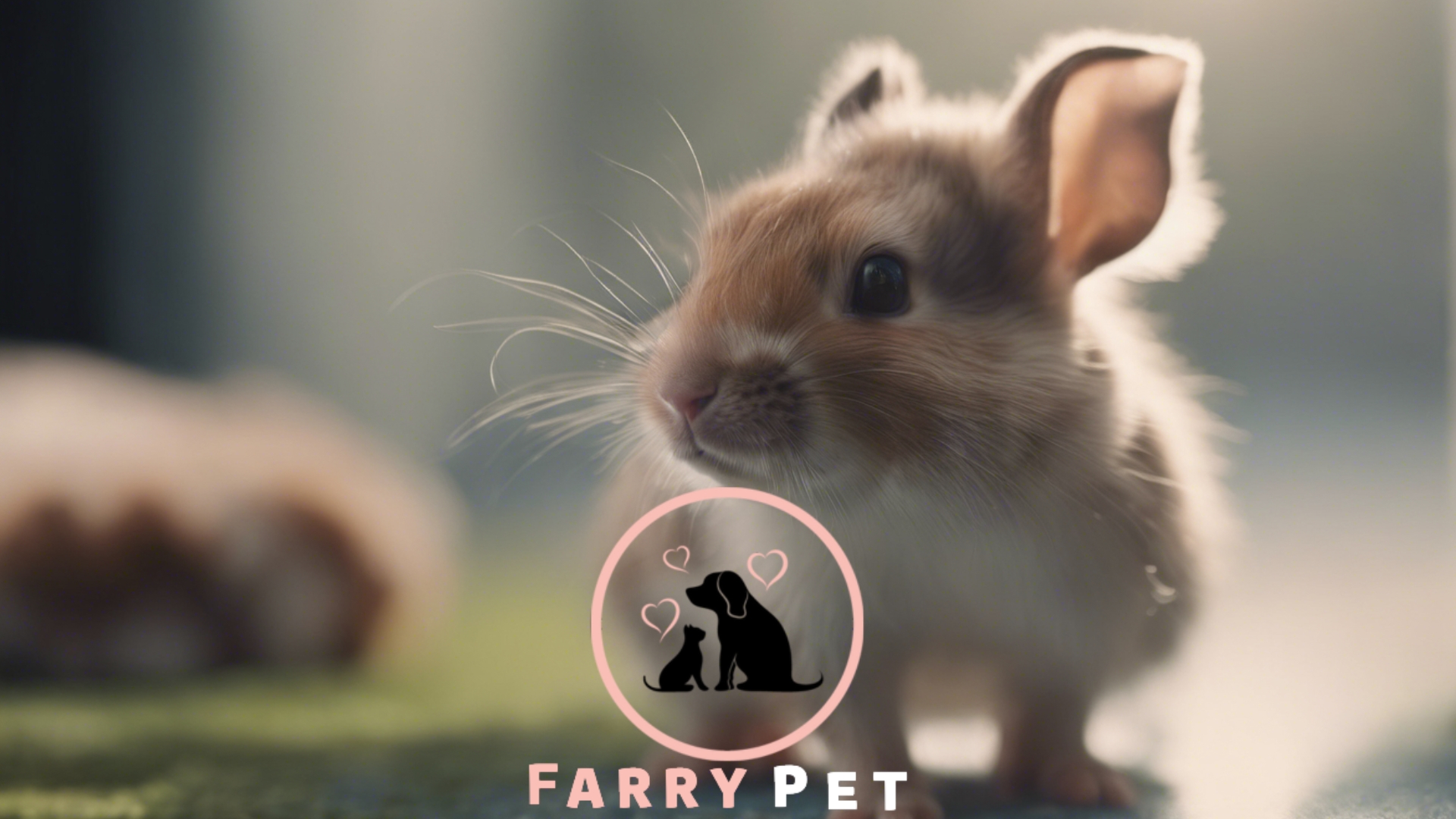
Several cosmetic, pharmaceutical, and household product companies use animal testing. Notable examples include Procter & Gamble, Johnson & Johnson, and Estée Lauder.
Animal testing remains a critical and contentious issue in various industries, shedding light on the ethical considerations of product safety versus animal welfare.
As consumers become increasingly aware of their purchasing power, they scrutinize the practices behind their products.
This scrutiny drives a demand for transparency, leading to a rise in cruelty-free alternatives. Companies that adhere to cruelty-free principles see a growing market share as society shifts towards more ethical consumerism.
The debate about animal testing is not only about animal rights; it also touches on scientific relevance and the search for more accurate and humane alternatives to traditional testing methods.
The Landscape of Animal Testing
The Landscape of Animal Testing offers a complex view where science meets sensitivity. For years, businesses have relied on this method to ensure product safety. Yet, the tide is changing. This section sheds light on businesses’ practices and how public sentiment is shifting gears.
Historical Context of Animal Testing in Industry
From ancient times, animals have been test subjects for human benefit. In the 20th century, animal testing became a staple in pharmaceuticals, cosmetics, and household products.
Companies sought to test the safety and effectiveness of their innovations. This often meant mandatory animal trials before human exposure.
Research over time has shown many medicines and products that are safe and effective. This success came at the cost of countless animals’ wellbeing.
Look at the table below to understand the growth of animal use in testing over history.
| Time Period | Usage of Animals |
|---|---|
| Early 1900s | Limited to essential studies |
| Mid-1900s | Rapid growth in testing |
| Late 1900s – Present | Regulated but still widespread |
Ethical Considerations and Modern Attitudes
As awareness grew, so did concern for the ethical treatment of animals. The 21st century ushered in a new era. People demand compassionate alternatives. Companies now face pressure to adapt.
Many have committed to cruelty-free practices, signaling a significant shift. This results in a growing list of companies saying no to animal testing. The ethics of business operations now spotlight animal welfare.
Below is a snapshot of the shifts in attitudes and practices regarding animal testing:
- Public campaigns for cruelty-free products
- Legislation aimed at reducing animal tests
- Advancements in non-animal testing technologies
- Increase in vegan and cruelty-free product lines
A new consumer mindset prevails, emphasizing ethical consumption and corporate responsibility. Companies caught conducting animal testing risk backlash, boycotts, and reduced sales. This fosters an environment ripe for change and enlightened business methods.
Key Industries Reliant on Animal Testing
The use of animals in testing is a heated topic in several industries. Many companies rely on such practices to ensure safety and efficacy. Below, we delve into the key sectors where animal testing remains prevalent.
Cosmetics Brands Implementing Animal Tests
Cosmetics companies often use animal testing to assess product safety. This helps prevent harmful effects on humans. Some common tests include skin and eye irritation assessments on rabbits.
Brands like this seek to confirm that makeup, lotions, and creams won’t cause adverse reactions in users.
Below is a table of cosmetics brands known for animal testing:
| Brand | Type of Products | Testing Practices |
|---|---|---|
| Brand A | Lipstick, Foundation | Skin Irritation Tests |
| Brand B | Moisturizers, Creams | Eye Corrosivity Tests |
| Brand C | Perfumes, Lotions | Allergy Tests |
Pharmaceutical Players and the Role of Animal Trials
The pharmaceutical industry is a primary user of animal testing. Drug companies must ensure treatments are safe before human trials. Mice, rats, and primates commonly participate in drug efficacy and toxicity tests.
Here’s a bullet list of why animal trials are crucial in drug development:
- Predicting drug reactions in humans
- Assessing side effects
- Determining proper dosages
- Studying disease processes
Major Companies Known for Animal Testing
Some big brands still test on animals. This choice can affect what you buy. Let’s see who they are.
Household Names Continuing Animal Testing Practices
Some well-known companies use animal tests for their products. People know these brands well. They make things like soap and shampoo.
- Procter & Gamble – They make many cleaners and beauty items.
- Johnson & Johnson – They are known for baby care and health items.
- L’Oréal – This beauty giant makes makeup and hair care products.
- Estée Lauder – They sell skincare, makeup, and fragrances.
- Clorox – is known for its bleaching agent and owns many household brands.
- Unilever – They have a lot of food and personal care labels.
- Reckitt Benckiser – This company makes many health, hygiene, and home products.
Corporate Responses To Animal Testing Criticism
Companies often defend their testing. Some say it’s for safety. Others are changing their ways.
| Using more non-animal methods. Still, tests when required by law. | Their Response |
| Procter & Gamble | Pledges to reduce tests. Invests in other methods. |
| L’Oréal | Using more non-animal methods. Still tests when required by law. |
| Estée Lauder | Claims commitment to end animal testing worldwide. |
| Clorox | Funding alternatives and reducing tests, but not fully stopped. |
| Unilever | Announced support for a global ban on animal testing for cosmetics. |
| Reckitt Benckiser | Reducing tests but still uses them for regulatory reasons. |
Trends in Animal Testing Transparency
In an era where ethical practices significantly influence buying decisions, transparency around animal testing has become pivotal for many companies.
As consumers become more conscious, brands adapt by sharing detailed information about their testing policies. This movement showcases corporate responsibility and aligns with shifting consumer values.
How Companies Disclose Their Animal Testing Policies
Companies typically share their animal testing policies through various platforms:
- Official websites: Detailed policy pages inform site visitors.
- Social media: Updates and discussions stimulate consumer engagement.
- Product packaging: Symbols like the leaping bunny certify cruelty-free practices.
- Third-party certifications: Independent audits enhance credibility.
These disclosures often include:
| Disclosure Detail | Description |
| Testing Policy | Outlines the brand’s stance on animal testing. |
| Supply Chain Transparency | Reveals if suppliers also avoid testing on animals. |
| Regulatory Compliance | Explains adaptation to varying global regulations. |
| Research and Development | Describes alternative testing methods in use. |
Impact of Transparency on Consumer Choices
When companies are open about their animal testing policies, it can have a significant impact:
- Builds consumer trust through honesty and ethical practices.
- Facilitates informed decisions, empowering ethical consumption.
- Encourages industry-wide shifts as consumers favor transparent brands.
Transparency can shift market trends, prompting companies to adopt more humane practices. Brands revealing their policies openly often find loyal customers eager to support their ethical ethos.
The Push for Cruelty-free Alternatives
- Consumers increasingly demand kinder practices in beauty and personal care.
- Many animal testing methods are outdated and cause harm.
- Companies now explore innovative, ethical alternatives.
- People want products that respect animal welfare.
- This shift guides the future of product testing.
Innovation in Non-animal Testing Methodologies
- Science has propelled non-animal testing forward.
- These new methods are effective and humane.
- 3D tissue models simulate human skin reactions.
- Computer simulations predict safety without animals.
- Lab-grown cells test substance toxicity accurately.
Advances ensure safety and reduce animal harm.
Brands Leading the Shift Towards Cruelty-free Products
- Several brands commit to ethical, cruelty-free products.
- These pioneers challenged the status quo and innovated.
| Brand | Commitment | Products |
| Lush | Fight animal testing | Soaps, Shampoos |
| The Body Shop | Forever against animal testing | Skin Care, Makeup |
| Cover FX | 100% vegan and cruelty-free | Foundations, Primers |
- They offer safe choices without animal suffering.
- More brands embrace this positive change.
Regulations Affecting Animal Testing
Understanding the rules that control animal testing helps us see the industry differently. These laws shape how companies make products like makeup or medicine.
Countries have unique rules on this matter, with some championing strict policies and others allowing more flexibility. Recent changes in these laws also have huge impacts, creating roadblocks or pathways for animal testing practices.
Geographical Differences in Animal Testing Laws
Where a company is can majorly impact its use of animal testing. Different places have different opinions and laws about it. Some countries ban it outright, while others have specific conditions under which it’s allowed. Companies and consumers must know these rules.
- Europe: Enforced tight regulations against the use of animals in testing, particularly for cosmetics.
- China: Historically, China required animal testing for all imported cosmetics, but recent revisions have begun to ease these requirements for specific products.
- United States: No federal ban on animal testing, but states like California have set the pace with stricter laws.
- India: Bans on cosmetic testing on animals and the import of animal-tested cosmetics.
Recent Legislative Changes and Their Implications
Legislation around animal testing is constantly evolving. Recent changes can profoundly affect both the animals and the businesses involved. Let’s explore some of these significant shifts.
| Region | Legislative Change | Implication |
|---|---|---|
| European Union | Ban on selling animal-tested cosmetics | Pushes companies to invest in alternative methods |
| China | Conditional lifting on post-market animal testing | Opens market to more cruelty-free products |
| California, USA | Cruelty-Free Cosmetics Act | Sets a new standard for cosmetic testing in the US |
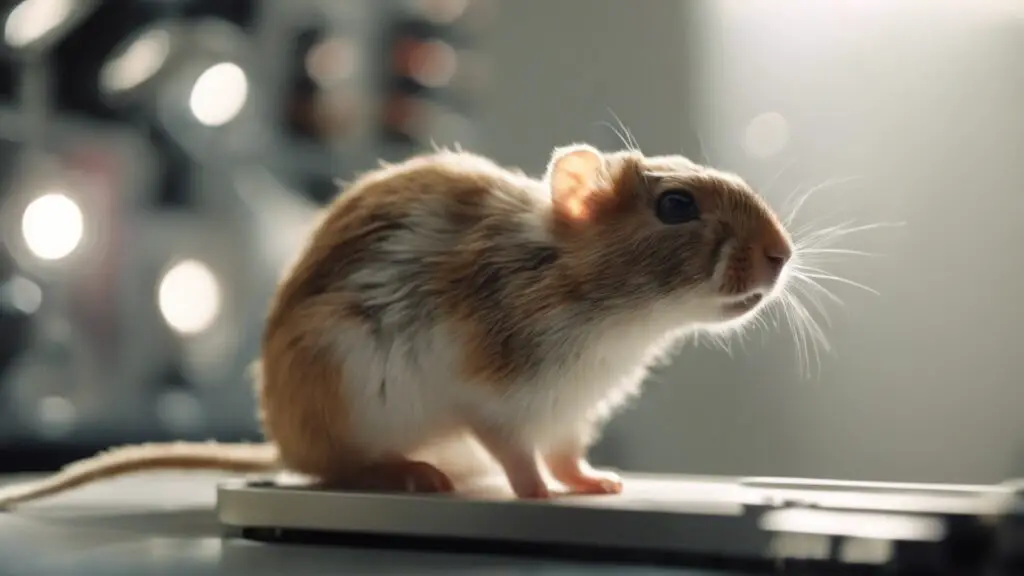
Frequently Asked Questions
What Companies Used To Test on Animals?
Several cosmetic and household brands previously conducted animal testing. Notable examples include L’Oreal, Procter & Gamble, and Unilever. Policies can change, so checking current practices is advisable.
How Many Brands Still Use Animal Testing?
Specifying an exact number is challenging as brands frequently change animal testing policies. However, numerous global brands continue to test on animals, particularly those selling in markets that require it, like China. Always check current brand practices for up-to-date information.
What Products Use Animal Testing?
Many cosmetics, household cleaners, and pharmaceuticals often undergo animal testing. This practice can vary by region and brand, with some actively choosing cruelty-free alternatives.
How Many Companies Test on Animals in 2023?
The number of companies testing on animals in 2023 is not publicly available due to varying global regulations and company policies.
Which Beauty Brands Still Test on Animals?
Many major beauty companies, particularly those selling in China, where animal testing is mandated by law, continue to adhere to animal testing practices.
Conclusion
Navigating the landscape of corporate ethics can be daunting. Knowledge is power in ensuring our shopping aligns with personal values. This post has highlighted key players still involved in animal testing. Consumers hold the power to drive change through informed choices.
Let’s shop with consciousness and contribute to the welfare of all living creatures.

